The arrival of covid19: How a virus moved across the world into TT
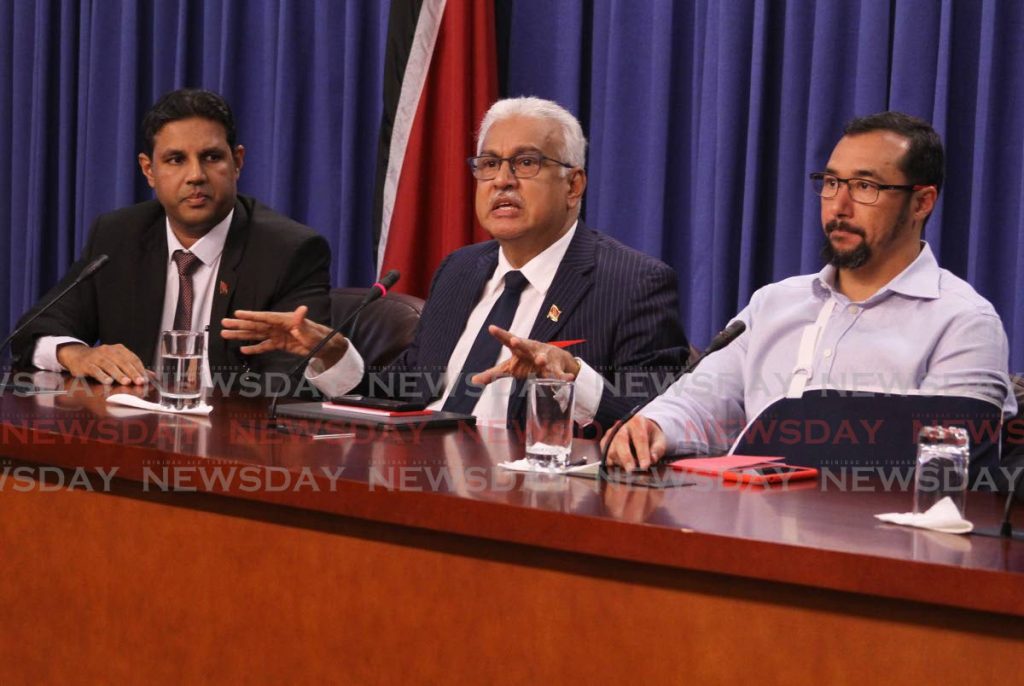
On March 12, 2020 covid19 first appeared in Trinidad and Tobago (TT) but almost a year later, scientists still do not know how the virus started.
Some say it spread to humans from bats through an intermediate animal, it may have been transmitted through cold-chain food packaging, while others believe it was the result of a leak from a lab. Whatever the case, whispers of the disease began to circulate in December 2019.
Unnamed at the time, severe acute respiratory syndrome coronavirus 2 (SARS-CoV-2), was identified during an outbreak of respiratory illness among people who visited a live animal market in Wuhan City, China. The cluster of cases of pneumonia was reported to the World Health Organization (WHO) on December 31, 2019.
On January 11, the media in China reported its first death due to the virus and, by January 13, the first case outside of China was recorded in Thailand. The second was reported in Japan on January 19.
Although the virus started spreading to other nearby countries, human-to-human transmission was thought to be limited and the virus was believed to be “controllable.”
The first confirmed case in the Americas was recorded on January 21 as a man from Washington state in the United States (US) who travelled to Wuhan.
Two days later, China imposed a strict lockdown in Wuhan, suspending all public transportation including flights, trains, buses and ferries. Face masks and social distancing was mandatory as well as quarantining on entry into the country, which was strictly controlled.
Trini: China on alert before virus got a name
Paccino Wilson, 22, a student at the Beijing Dance Academy told Sunday Newsday he was on vacation in Germany when the school informed him that international students could not return to China. Since he had already bought a return ticket to China, he was assisted by an organisation with a ticket to return to TT in late February.
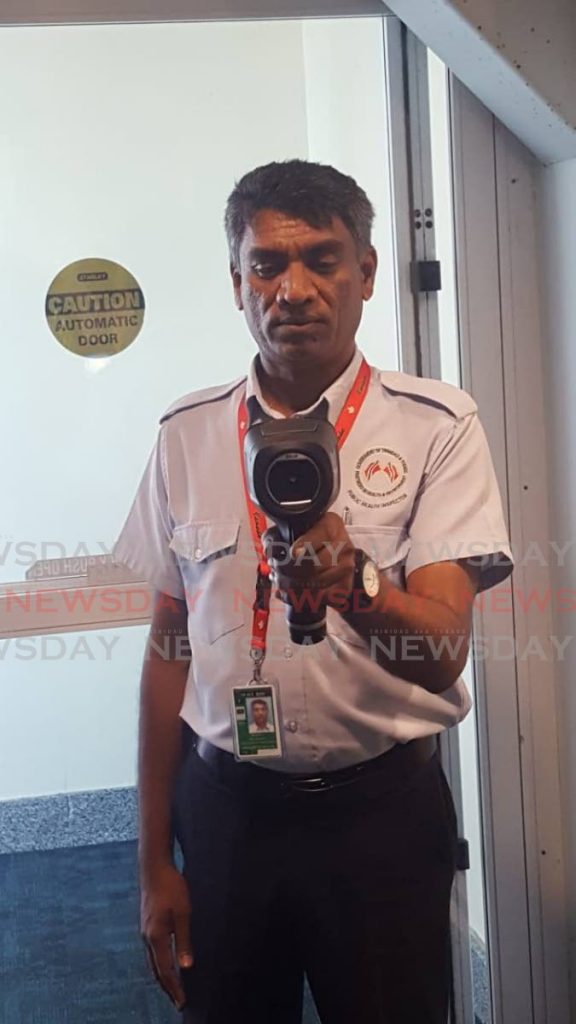
He said he was angry about the situation because, while he loved TT it no longer felt like home. So, the original plan was to wait the virus out in Germany because it was expected to “die out fast” but he changed his mind.
“The world was hearing about it at that time but because I was in China before, I was hearing about it since August 2019. Although it wasn’t called corona at the time and no one really knew what it was, they were sending out messages and alerting everyone as to what was happening, to be cautious, wear your masks, even though we were not in Wuhan.”
When he returned to TT he did not have to go into a quarantine facility because it was more than two weeks since he was in China. He self-isolated at home but he was not worried about getting covid19 in TT because, at that time, people were being told the cold assisted in the spread and the virus would not thrive in the Caribbean.
When the first case of covid19 arrived in TT a few weeks later, he said he became paranoid and set up a strict regimen for himself following the public covid19 guidelines.
Calls to stop Carnival in 2020
On January 24, France reported the first cases of covid19 in Europe – three people who travelled from Wuhan.
By January 26, there were about 2,000 infected and 56 dead in China. There were cases in the US, France, Australia, Japan, Hong Kong, Thailand, Vietnam, Singapore, Nepal, Macao, Malaysia, South Korea and Taiwan.
Around this time in TT, there were calls on social media for Carnival 2020 to be cancelled so as to prevent an influx of visitors and assembly of people and therefore the spread of covid19 in the country.
Bandleader of Ronnie and Caro, Ronnie McIntosh, described those who called for the cancellation of Carnival 2020 as Carnival haters.
“Those people are the ones who are always ready to cancel Carnival for anything. Those Carnival haters have no business in Carnival, the don’t play mas, they don’t play pan, they never sing a calypso in school, nothing. They just hate Carnival and they have no awareness of what contribution Carnival makes to the economy.”

He said he was aware of covid19 and even had Ronnie and Caro cloth masks on sale which some international masqueraders bought for the dust, and others bought as covid19 precautions.
“The mood was normal with the masqueraders because people were not really studying it. The bandleaders were not terribly concerned because America had just gotten it’s first case. It was like any other disease and nobody expected this thing to blow up globally.”
Health Minister Terrence Deyalsingh agreed saying the government would not cancel Carnival, which took place on February 24 and 25. However, on January 29, TT began thermal screening of passengers at airports and there was “heightened vigilance” at seaports.
TT declares 'dangerous infectious disease'
Also, on January 30, Cabinet decided to impose travel restrictions on anyone who had been in China for a 14-day period before arriving in TT. Visitors were not allowed in but nationals or residents who travelled to China were. They were quarantined until it was clear they were not affected by covid19.
By the next day, there were 7,736 confirmed cases in China, and 82 cases reported in 18 other countries and at least 170 people had died. The WHO director-general declared the novel coronavirus outbreak a public health emergency of international concern (PHEIC).
That same day, TT declared covid19 a dangerous infectious disease under the Public Health Ordinance, Chap 12 No 4, in order to trigger the special provisions under the ordinance on curtailing and managing infectious diseases such as notifications, special inspections and offences.
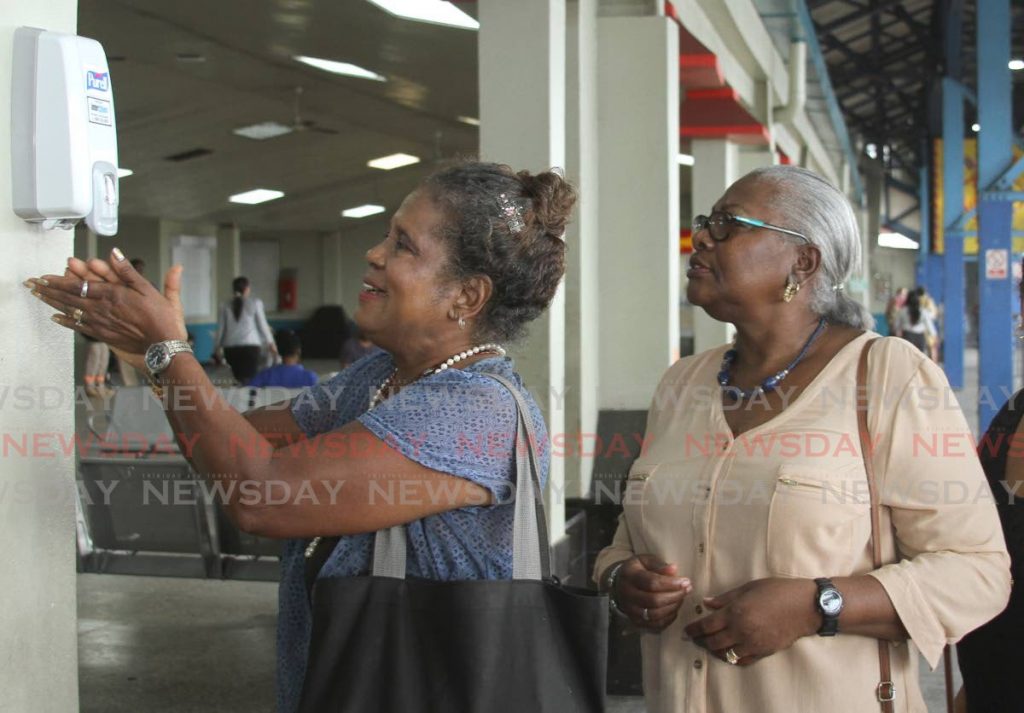
On February 11, WHO announced that the disease caused by the novel coronavirus would be named covid19.
Three days later, the continent of Africa confirmed its first case in Egypt.
Travel ban on seven more countries
On February 27, the TT Cabinet added Iran, South Korea, Italy, Singapore and Japan to the list of designated countries from which non-nationals or residents would not be permitted entry to TT if they had been in any of these countries for 14 days previously.
On March 4, the Ministry of Health began providing daily updates on the status of covid19 in TT. Since there were no cases at the time, it mostly consisted of a count of covid19 tests taken and encouraging people to take personal hygiene measures to protect themselves and their families from covid19.
The first case of covid19 in the Caribbean was confirmed in Jamaica on March 10 and Guyana reported its first case a day later. Guyana’s case, a woman who travelled from the US, was later the region’s first death.
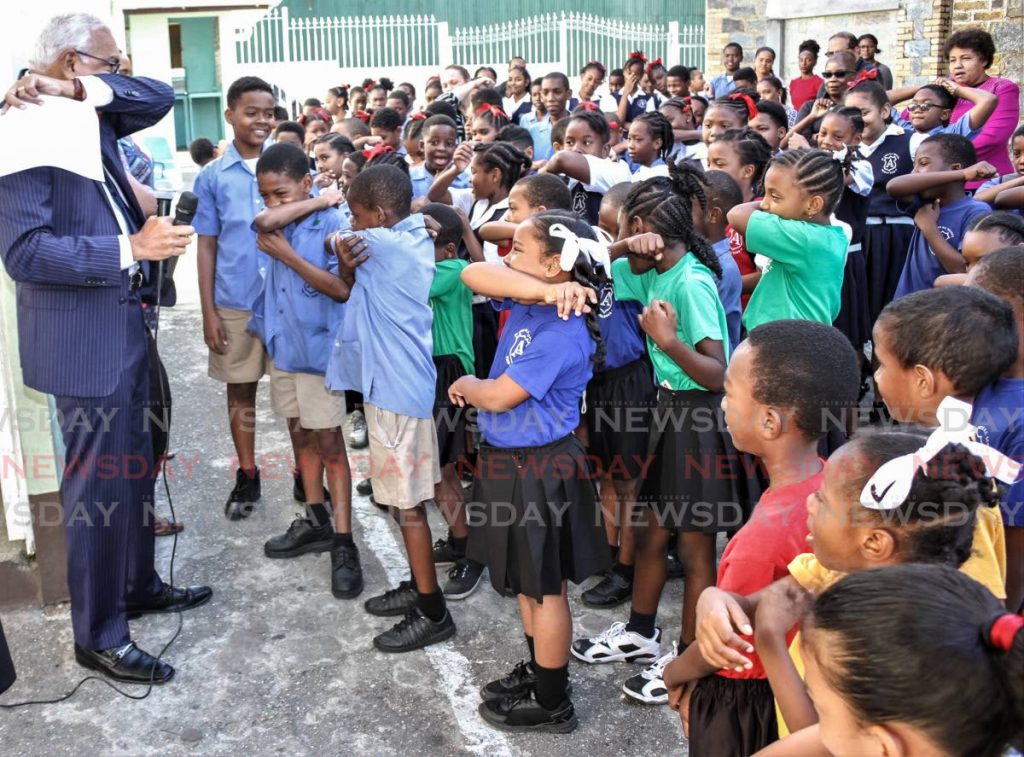
On that day, March 11, WHO characterised the covid19 outbreak as a global pandemic.
TT’s Ministry of Health announced immediate travel restrictions on travellers from France and Germany. Non-nationals with travel history to those countries up to 14 days of travel to TT were not allowed to land. Nationals and permanent residents were allowed to land but were required to self-quarantine at home or at a facility for 14 days.
TT records first case
The next day, Minister of National Security, Stuart Young announced a ban on cruise ships. And, a few hours later, the first confirmed case of covid19 in TT was announced. TT was the eighth Caribbean country to have the virus.
Deyalsingh said it was imported by a 52-year-old man who entered the country from Switzerland. At the time, Switzerland had over 800 cases and six deaths. He was self-quarantined at home when he started getting symptoms and the health authorities were called. He was taken to Caura Hospital where he later recovered.
However, his case caused serious concern as his daughter attended the Maria Regina Grade School. Although his family tested negative, the school was closed for ten days to be sanitised.
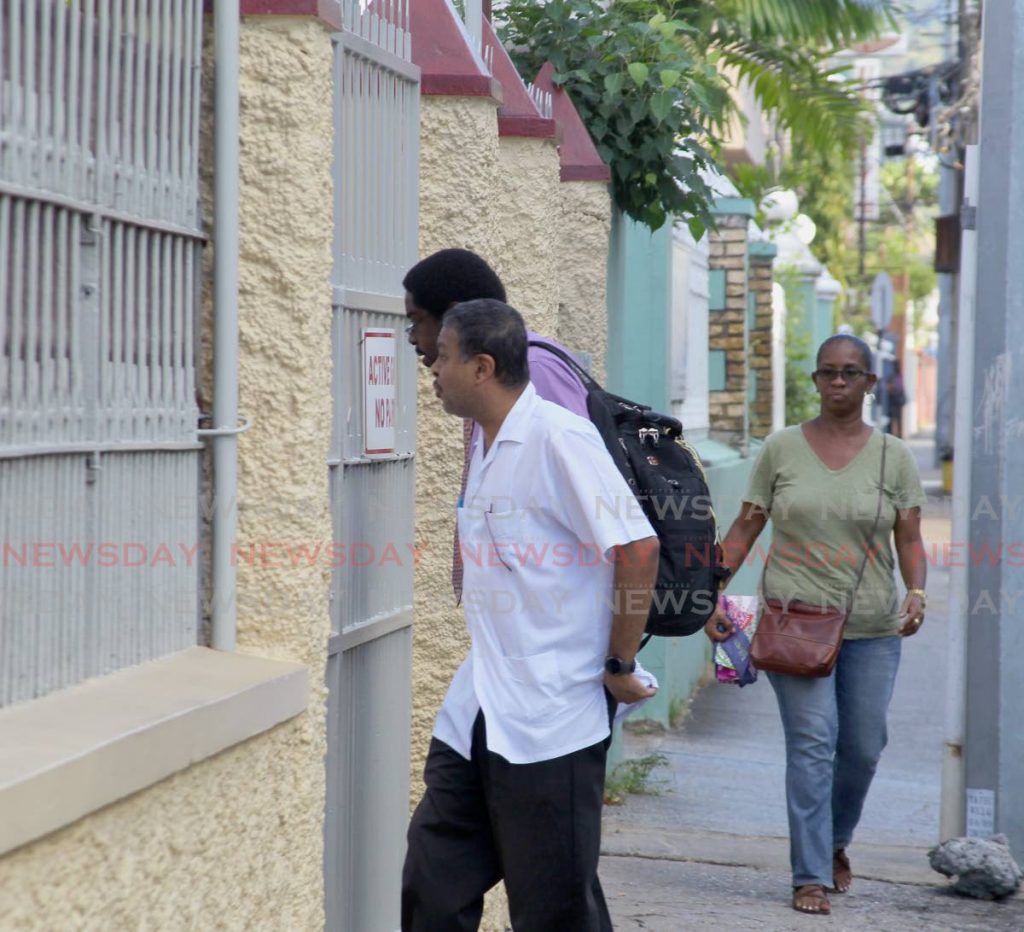
Three days later on March 15, a parallel health care system for the treatment and care of covid19 patients was announced. They facilities included the Couva Hospital and Multi-Training Facility, Caura Hospital, the National Academy for the Performing Arts (NAPA) for medical personnel, the Augustus Long Hospital and Arima Hospital. This allowed the original health care system to continue to operate at its usual standards and not be overwhelmed by covid19 patients.
President of the TT Medical Association Dr Vishi Y Beharry recalled when he and other doctors in the private sector first heard about the then novel coronavirus, there was no fear or panic.
“We knew about SARS (severe acute respiratory syndrome) and MERS (Middle East respiratory syndrome coronavirus) before in that part of the world so we were under the impression that, if this is something like SARS or MERS, it would be contained in that part of the world because of the public health measures and the way they managed them in the past.”
However, it started to spread and their concern grew. Still, they thought if it reached TT at all, the country would have had time to prepare.
Parallel health system good policy
He believed once covid19 was declared a PHEIC by WHO, the regional health authorities put plans in place and heightened their infection control and prevention policy since it was expected that covid19 would reach TT’s shores at some point.
“Once the States got it, it was absolutely clear to us that it was inevitable that it would come to TT. It was more a matter of wait and see when it happens.”
This policy, Beharry said, would have prepared both private and public health care professionals to some degree, to respond when the first case arrived. Also, many doctors and nurses took responsibility for their personal safety and bought their own hand sanitisers, extra masks, rubbing alcohol for surfaces and other materials.
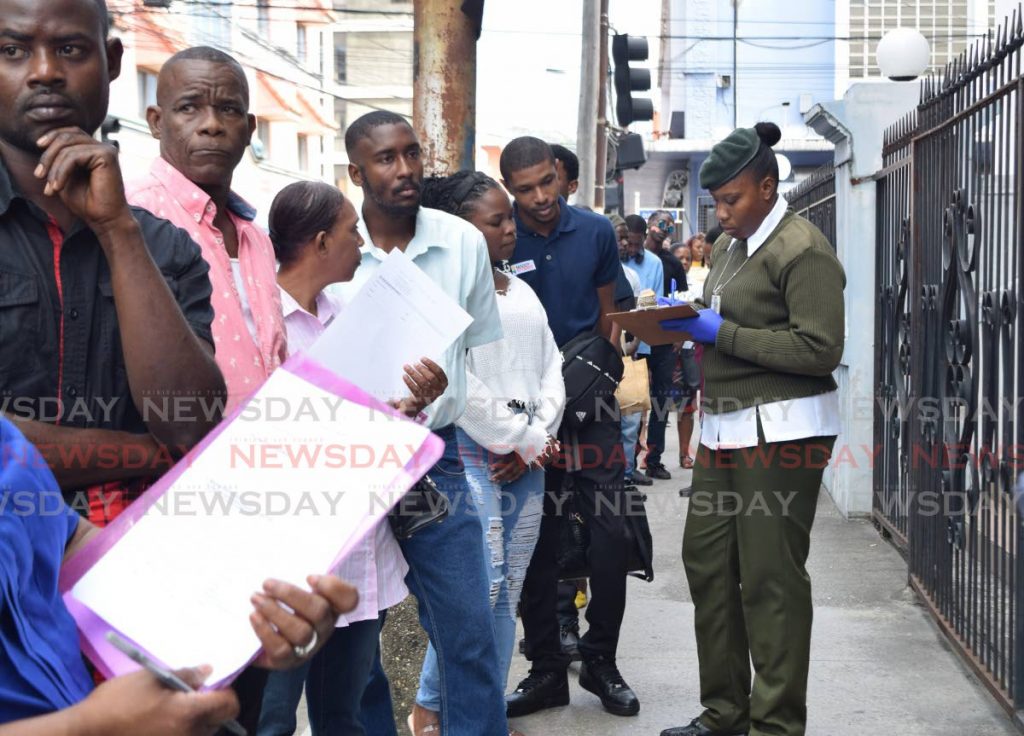
“When people complained about the availability of PPE (personal protective equipment) and such, while their concerns were valid, on a balance of what was happening worldwide, it is also understandable the difficulty the government would face in terms of acquiring additional amounts of these and having now to establishing a policy of rationing the PPE.
“Among the medical fraternity we felt that the measures instituted early on, in terms of border lockdown and the parallel health care system, worked well for us as a country. Now, looking back at that time, it further cements that notion we had then: that having a parallel health care system to address covid and deal with infection control and prevention, was in fact a really good policy implemented at that time.”


Comments
"The arrival of covid19: How a virus moved across the world into TT"